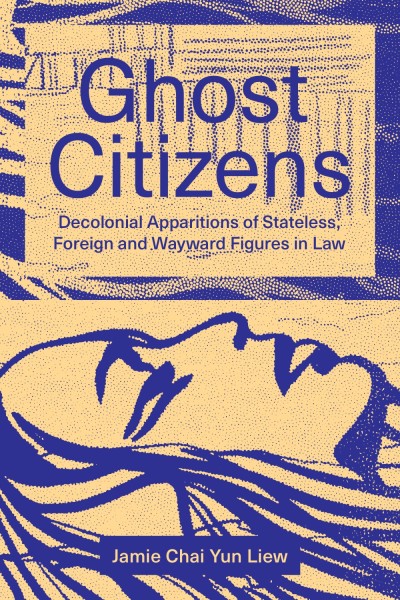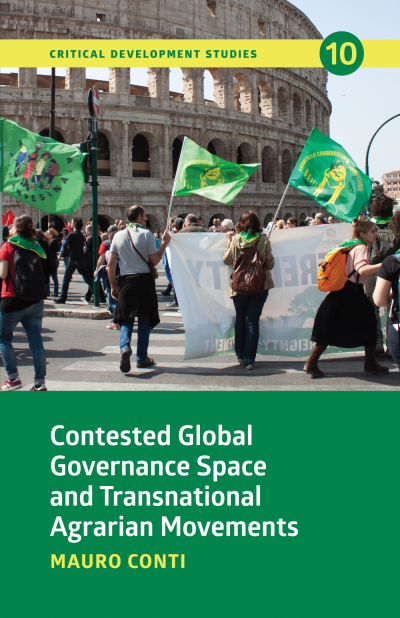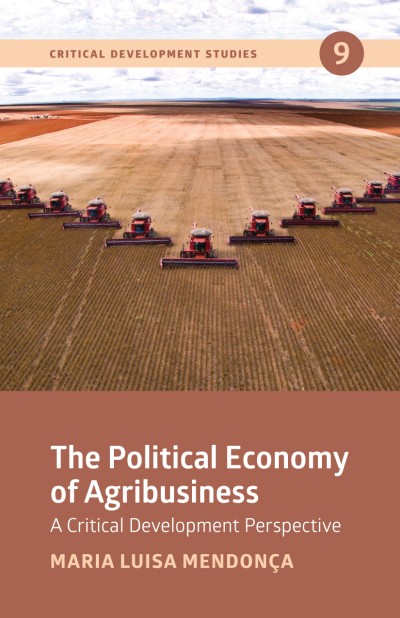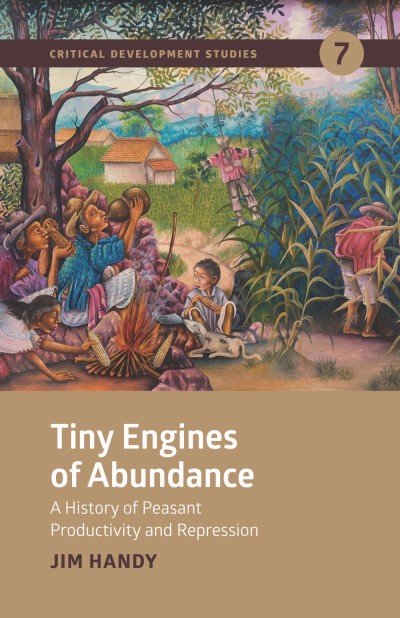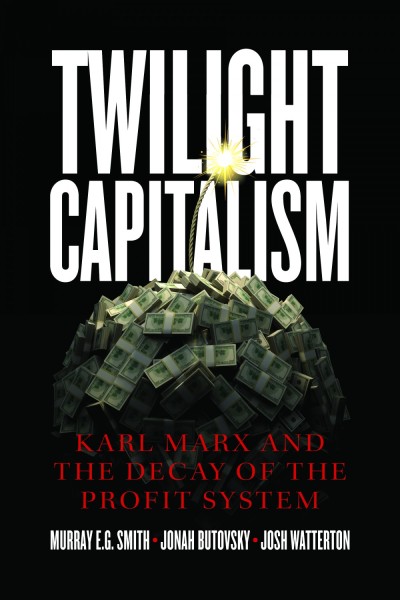
The Fair Trade Handbook
Building a Better World, Together
Can global trade be made fair? This handbook brings together leading fair traders, activists, advocates and commentators to find ways forward.
About the book
Framed within the common goal of advancing trade justice and South-North solidarity, The Fair Trade Handbook presents a broad interpretation of fair trade and a wide-ranging dialogue between different viewpoints. Canadian researchers in particular have advanced a transformative vision of fair trade, rooted in the cooperative movement and arguing for a more central role for Southern farmers and workers. Contributors to this book look at the issues within global trade, and assess fair trade and how to make it more effective against the broader structures of the capitalist, colonialist, racist and patriarchal global economy. The debates and discussions are set within a critical development studies and critical political economy framework. However, this book will appeal to a wide range of readers, as it translates the key issues for a popular audience.
Includes : A Lively Bean that Brightens Lives: A Graphic Story by Bill Barrett and Curt Shoultz
What people are saying
Adam Sneyd, University of Guelph“This fantastic volume shows just what can be built from a sustained and fruitful partnership between the right kind of entrepreneurs, activists, academics, and community-builders. The Fair Trade Handbook immerses its readers in a social movement that is pushing hard for more equitable, participatory, and sustainable development. The editors have expertly weaved together engaging chapters on cross-cutting topics, commodity case studies, diverse geographic regions, and different forms of advocacy. These insightful contributions underscore how change does not simply happen: they emphasize what has been, is, and can be done by the movement that aims to make trade fair. Covering timely issues including decolonization and solidarity, climate change, and the impacts of new environmental, social, and governance criteria on global supply chains, The Fair Trade Handbook is an essential guide on the path that leads to a more sustainable and inclusive world. I highly recommend this book to anyone who wants to know more about the ongoing impact of this movement on business-as-usual!”
Vandana Shiva, Indian scholar, environmental activist, food sovereignty advocate, ecofeminist and anti-globalization author“The Fair Trade Handbook: Building a Better World, Together, edited by Gavin Fridell, Zack Gross, and Sean McHugh reminds us that unfair trade falsely called “free trade” has its roots in colonialism. Trade driven by limitless corporate greed is at the roots of the multiple crises we face - diseases, climate change, extinction, injustice and inequality. As the authors who are also participants in the fair trade movement show, fair-trade is a movement for decolonization. It is based on solidarity, not exploitation.It puts people and planet before profits. It is creating a liveable and just world for all” .
Ian Shanahan, Green Teacher“This book is comprehensive and highly instructive, covering a broad range of topics, including climate justice, the challenges of small producers, fair trade fashion, the economics of free and fair trade, teaching fair trade, and a great deal more….This is an essential reference guide to have at your school or educational setting.”
Contents
- Foreword - Sean McHugh
- Introduction: Why Write a Book on Fair Trade? (Gavin Fridell, Zack Gross and Sean McHugh)
- A Lively Bean that Brightens Lives: A Graphic Story (Bill Barrett and Curt Shoultz)
- PART ONE: Fair Trade in an Unfair World
- Colonialism: How Unfair Trade Changed the World (A. Haroon Akram-Lodhi)
- Trade is Not Gender Neutral (Laura Macdonald and Nadia Ibrahim)
- Climate Justice?? Wake up Canada, and Smell the Coffee! (Monika Firl)
- From (Invisible) Coffee Farmer to Undocumented Construction Worker: The Life and Death of Álvaro Vargas Fonseca (Roxana Olivera)
- Putting Southern Farmers First: Journeys to Decolonization (Nelson Melo Maya and Joey Pittoello)
- PART TWO: Fair Trade in Action
- Small Producers, Northern NGOs and Fair Trade: From Charity to Autonomy and Justice? (Darryl Reed)
- The Roots of Fair Trade and SPP: My Experiences Alongside Small Producers (Jerónimo Pruijn)
- The Only Banana You Should Buy: Changing Canadian Mindsets to Choose Fairtrade (Jennie Coleman and Madison Hopper)
- Footprints for Change: How an Indigenous entrepreneur is weaving traditional teachings into his Fair Trade coffee business (Sarah Niman)
- Sweet! How Fair Trade Powers the Sugar Revolution (Martin Van den Borre)
- Wear It! Moving the Fashion Industry Forward (Erin Bird)
- Fair Trade, Firsthand: Connecting Northern Consumers with Southern Producers (Jennifer Williams)
- PART THREE: Pursuing Global Justice
- The Sustainable Development Goals, a Global Framework for Addressing our World’s Challenges: Where Fair Trade Fits (Sean McHugh and Nell Jedrzejczyk)
- Why the Fair Trade Movement Ought to Shape the Business and Human Rights Agenda (Elena Lunder and Sergi Corbalán)
- Uneven Outcomes: The Tensions, Contradictions, and Challenges in the Search for Fair Trade (Mara Fridell, Ian Hudson, Mark Hudson)
- COVID, Trade and Corporate Power (Sujata Dey)
- Demanding Justice: Can Trade Policy be Fair? (Gavin Fridell and Kate Ervine)
- Taking Fair Trade to the People: Education and Advocacy for Social Change (Zack Gross)
- Conclusion: Fair Trade 2030 (Gavin Fridell, Zack Gross, and Sean McHugh)
- Index


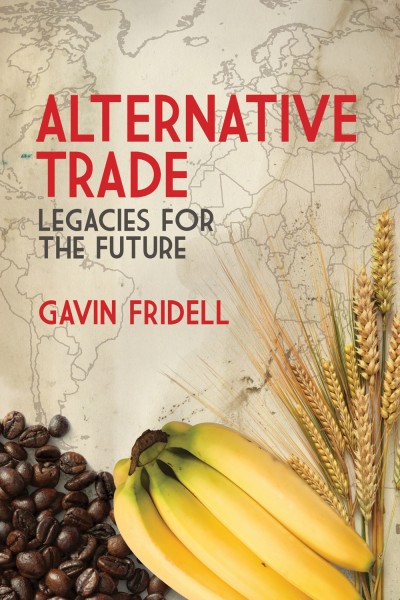

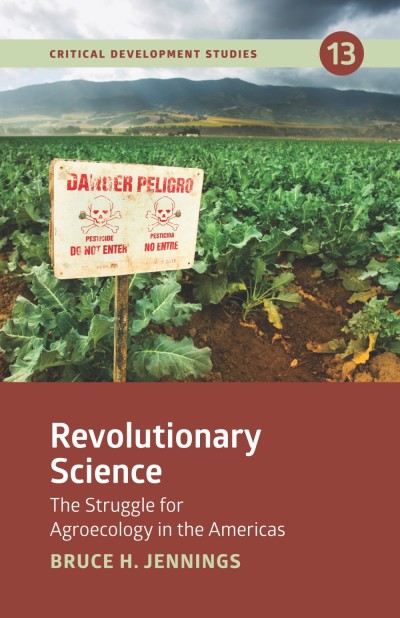
_cover-FINAL_400_618_90_s.jpg)
